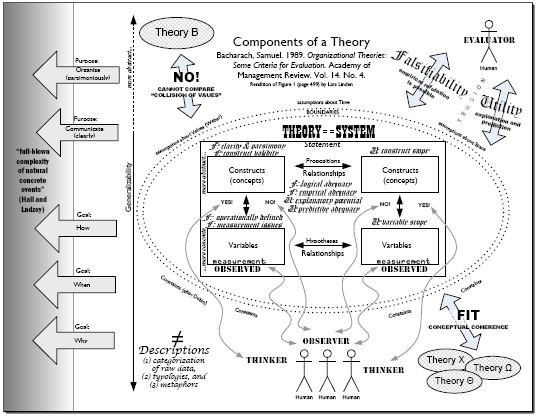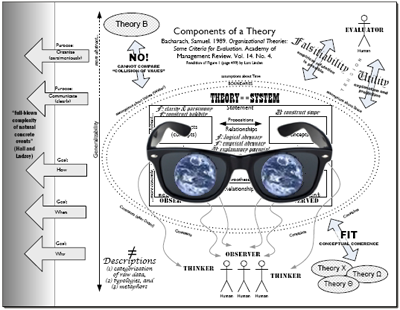
The Brain is a Filter as We Filter the Rain
Because we are researching multiple perspectives, it may be prudent to consider for a few moments the concept of a perspective, and the qualities that one might attribute to the effect of maintaining this thing we call a perspective.
 So, from the blogmaster perspective of course, quickly, nothing formal, and just to get some ideas down so as to round out the discussion, here is what comes to mind. Three references come to mind. Although I suppose if I went searching in the movie "The Matrix" I would find that the concept is covered with style.
So, from the blogmaster perspective of course, quickly, nothing formal, and just to get some ideas down so as to round out the discussion, here is what comes to mind. Three references come to mind. Although I suppose if I went searching in the movie "The Matrix" I would find that the concept is covered with style.
The first reference is from the keynote address at a Northeast Permaculture Convergence, in New York. The keynote speaker, Dave Jacke, spoke about how the brain filters, mentioning how our bodies receive a large amount of sensory input and our brains only are conscious of a small portion of those inputs. For me, the take-away is that we should be mindful while selecting the information that we focus upon. If we are filtering, filter wisely.
The second reference is from the movie "What the Bleep Do We Know!?", a kind of documentary that has many interviews. When interviewed, Dr. Joseph Dispenza says: "The brain processes 400 billion bits of information a second but we are only aware of 2,000 of those. But our awareness of that 2,000 is the information that is about our environment, our bodies, and time." Wow! This may take some time to grok. For starters, how should I contemplate what 2,000 bits of information is all about?
The third reference might have fallen off the apple cart. Nevertheless, I consider a theory to be a type of filter, in the Kantian Inquiring Systems sort of way. The measurement of components of a theory are a perspective, a way of observing the empirical world. A theory guides the brain during the observation process.
 In conclusion, the Radiant Bunny perspective of the concept perspective may help when practicing techniques that consider multiple perspectives. Until that time, for the moment, in imagination, standing in a small babbling brook, consider the water flowing to the oceans to the clouds to the rain and to the brook again. We may only sip through a straw but somehow we may taste every bit of it.
In conclusion, the Radiant Bunny perspective of the concept perspective may help when practicing techniques that consider multiple perspectives. Until that time, for the moment, in imagination, standing in a small babbling brook, consider the water flowing to the oceans to the clouds to the rain and to the brook again. We may only sip through a straw but somehow we may taste every bit of it.
